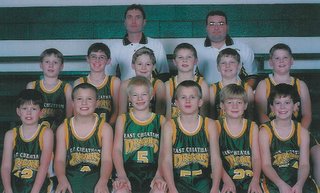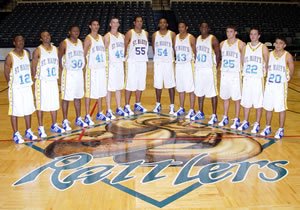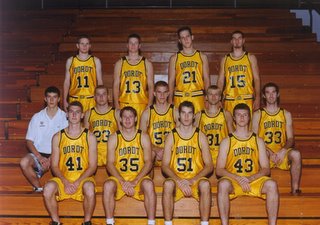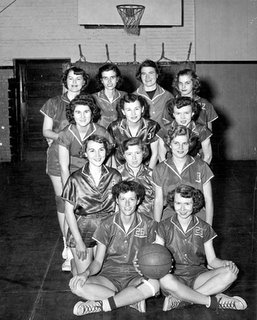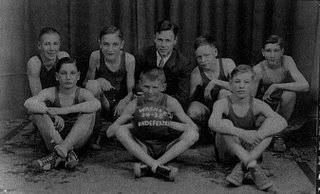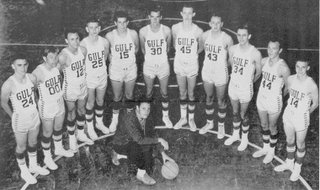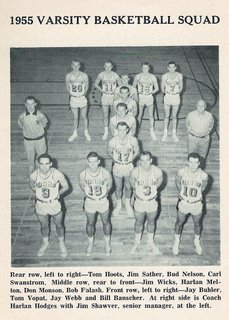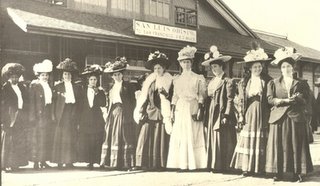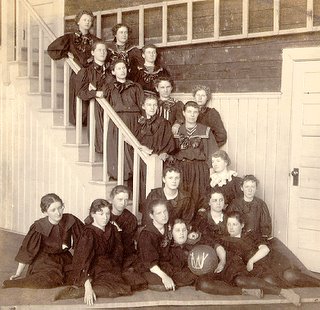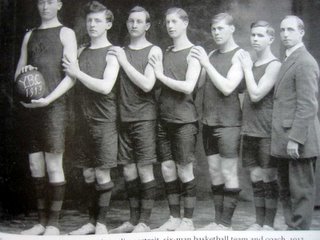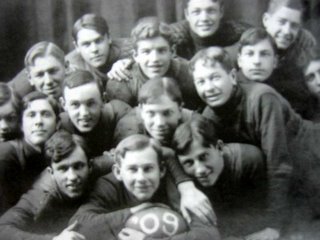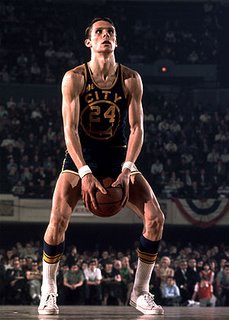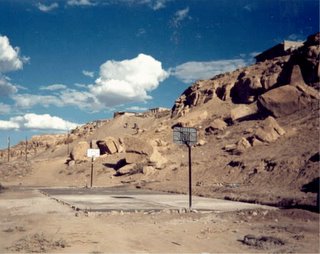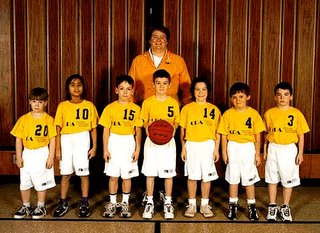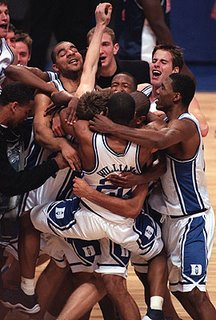
The other day at the gym I overheard a conversation about lilly-white Duke guard J.J. Redick, where a Caucasian man remarked that "...even though Redick is slow and can't dribble, (blah blah college team) tried everything to stop his 3-point shot, and they even put an athletic black guard on him, nobody could stop him...". After cringing, it brought up a lot of questions in my mind about the language of sports fans and journalism.
Among fans, even among well-meaning fans and commentators who mean no harm, there are a lot of troublesome examples of coded language in sports coverage, especially with the rise of ESPN, 24 hour sports business coverage from white guys in Armani suits, stats sports tickers, and most notably, fantasy sports, where everyday people simulate ownership of sports players and act as a fantasy GM of a sports team managing a fantasy roster of mostly black players.
White players coming into the league are almost invariably compared to Bird, regardless of their game. Yahoo!’s fantasy sports page features "The Big Board"” ranking players from 1-50 based on their statistical performance, mostly African-American players reduced to pure commodities ranked and evaluated somewhat like slaves on an auction block. In some fantasy sports leagues, players are drafted by auction, where owners ‘bid’ for the right to own the statistical production of athletes. When most of these athletes are African-American, is this a modern-day virtual slave auction going on?
In a recent conversation with Jeff, I was particularly critical of Ron Artest, whose recent shenanigans seriously damaged what could have been a very dangerous Indiana Pacers team. Jeff pointed out rightly that out that while Artest's actions breaking team rules by publicly demanding a trade and betraying his team were deplorable, it is common to hear the silent but racist language that insists that African-American athletes like Artest should shut up and be grateful for the huge piece of the pie they are given, even though it pales in comparison to that enormous reserves of almost exclusively Caucasian team owners who profit enormously from the labor of these athletes.
NBA players like Rasheed Wallace and Jermaine O' Neal have made attempts to publicly compare their situation to the situation of very well paid slaves and commodities, and the NBA, led by David Stern, has put the clamps down quickly on the dialogue. The NBA's recent dress code certainly smacks of trying to “whiten up the league" a bit. Phil Jackson, in his book The Last Season also quipped about Wallace that someone being paid $17 million dollars a year to play basketball and stay in four-star hotels has little basis to complain about being treated like a slave.
What are some other examples of racist codes in sports? Are the actions of African-American athletes problematized more than their Caucasian team owners in media? Are fantasy sports lovers unwittingly corroborating in a virtual dialogue revolving around racist notions of ownership? Is the notion of team really deteriorating in sports? Or is that just another code to justify playa hating African-American NBA stars who can do what normal slobs in offices can't?
I welcome the feedback of those wiser than I...
